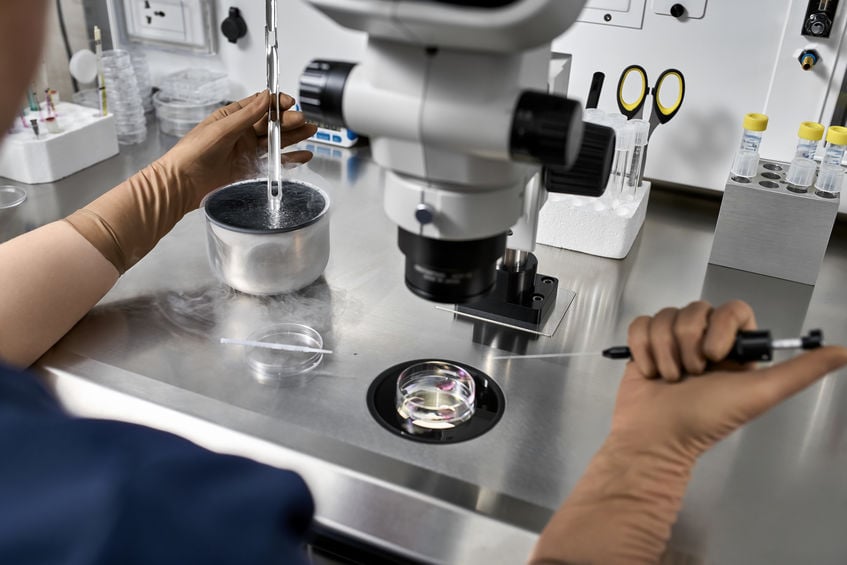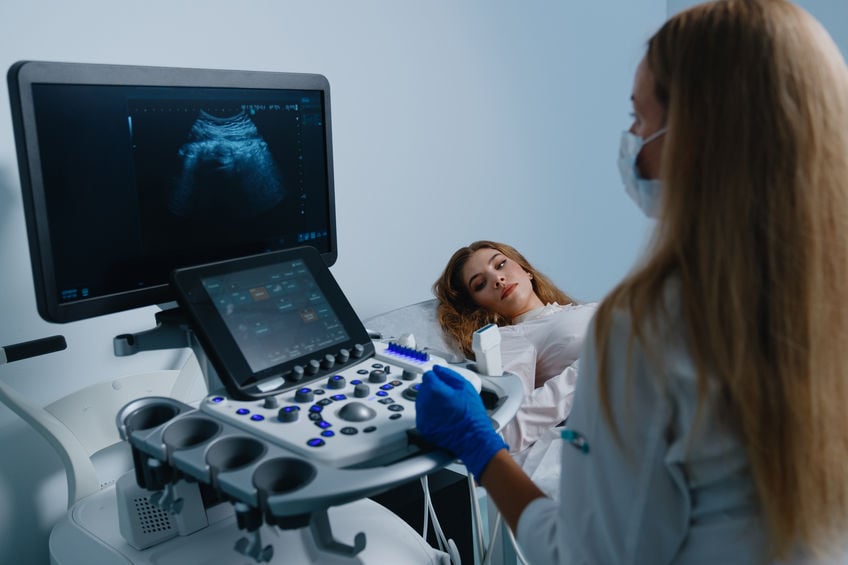What Is Ovarian Reserve Testing
When couples struggle to become pregnant, tests are usually carried out to assess fertility. Some tests include ovarian reserve testing, semen analysis, and uterine-tubal evaluation. Ovarian reserve testing is an infertility test that indicates the number of oocytes left in a woman’s ovary. This test helps to determine the overall health of the ovaries and fertility.

Types of ovarian reserve testing
The test carried out depends on the patient’s condition and the doctor would provide the best advice. Ovarian reserve testing includes two types of tests: biochemical tests and ultrasound imaging. The biochemical tests involve measuring the hormone blood levels such as follicle-stimulating hormone, estradiol, and antimüllerian hormone. Injections carry out some tests such as gonadotropin and clomiphene citrate. One test that is done by ultrasound is the antral follicle count.
The significance of tests
Ovarian reserve testing informs about the health condition of the ovaries. The results of the test differ from cycle to cycle. The test indicates the following:
- The number of oocytes left in the ovary
- The general health of the ovaries
- The probability of a woman getting pregnant or the fertility potential
- The response to fertility treatments
An abnormal ovarian test indicates that the ability to be fertile is reduced. However, the test does not indicate the ability to conceive or become pregnant. One may have normal test results but face difficulties conceiving.
A further look into the blood tests
The blood levels of follicle-stimulating hormone (FSH) and estradiol are performed between days 1 to 5 of the cycle. The test is usually done on day 3. An increased level of FSH or estradiol means a reduced ovarian reserve. Antimüllerian hormone is checked during any period of the cycle and is considered the most precise test.
Combining tests
Sometimes, a single ovarian reserve test may not always be reliable. A study showed that applying a combination of ovarian reserve tests does not always mean a positive outcome. Nevertheless, ovarian reserve tests help determine the ovary overall health and rule out certain medical conditions.
Invasive tests
The tests are usually done at the beginning of the menstrual cycle. The clomiphene citrate test involves injecting clomiphene citrate, followed by checking the FSH level. Gonadotropins injections are given to produce multiple eggs and to help prepare for fertility treatment. Transvaginal ultrasound performs the antral follicle count to see the number of remaining eggs. The response rate to the test depends on the case and the doctor would advise the best one.





